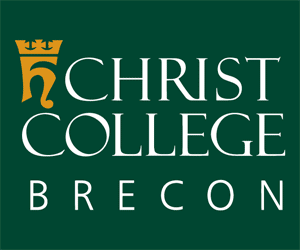3 Year GCSE Courses - What You Need to Know
There has been a lot in the news recently regarding GCSEs being taught over three years. This is not some new government initiative, but rather that some schools are opting to teach the GCSE course syllabus over three years rather than the traditional two.
This is actually not a new thing at all; many schools have been doing this for quite a while but lately it does seem to have been reported more in the media.
Why Do Schools Decide To Teach GCSEs Over 3 Years?
This is often referred to as a 3-year KS4 (or Key Stage 4) and involves beginning the teaching of the GCSE syllabus from Year 9, rather than Year 10.
There are various reasons for this. GCSEs have changed, and are now far more content driven; some GCSEs now include what would previously have been considered A Level knowledge, and the content of some GCSEs has increased dramatically; many schools feel there is just not time in a two-year timeframe to teach the whole course thoroughly. With the move away from coursework based assessment, there is more pressure on that final exam in Year 11, and many schools feel that by teaching the course over three years rather than two, they are able to help students to become more familiar with the content and better able to answer exam questions.
How Does The 3-Year GCSE Model Work?
With a 3-year KS4, students will choose their "options” in Year 8 rather than in Year 9, dropping those they will not carry on to GCSE a year earlier. These subjects are then studied from the beginning of Year 9 rather than Year 10.
Benefits Of A 3-Year GCSE Course
Students have extra time to complete the course content, preparing for exams but also exploring the subject fully, rather than just the dreaded "teaching to the test” which many schools end up doing. When students are able to explore a subject more, they can make a more informed decision about A Levels, and they may also feel more prepared when moving on to A Levels.
Spreading the GCSE course over three years takes the time pressure off a little, with many schools saying this allows their students more time for extra-curricular activities and a more rounded school life. There may also be more time for educational trips which allow for a more hands-on learning experience.
The Argument Against A 3-Year GCSE Course
Many have argued against the 3-year KS4 model. Bringing KS4 study forward by a year will of course mean that KS3 is cut short by a year and many feel this deprives students of a well-rounded KS3 - perhaps putting pressure on here, instead of at GCSE level.
As well as this, extending the learning period may mean that close study of certain aspects (for example literary texts in English) will be required for a longer period of time than is usually required at even A Level or degree level. Using English as an example, students may begin studying a text in the autumn term of Year 9, and be required to maintain an in-depth knowledge of it for two and a half years. We all know the old saying that "familiarity breeds contempt” and this may well ring true for those students who are not particularly keen on the text they are required to study in the first place.
Of course, there is also the argument that as time goes on we are forcing children to grow up sooner and sooner - and that extending GCSEs to four years just adds to this.







